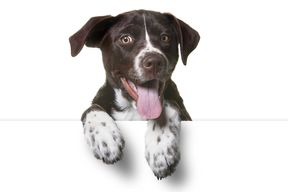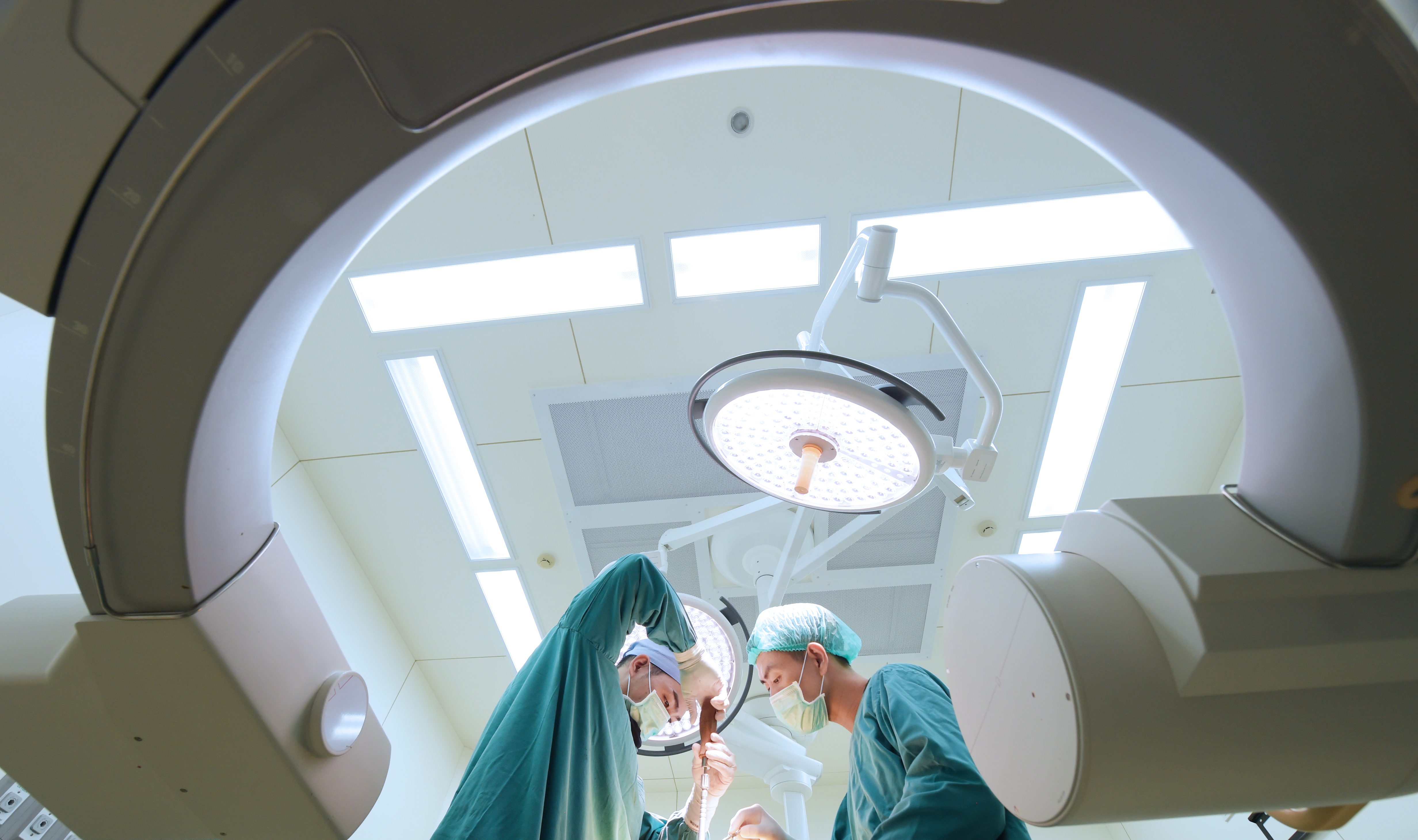General Anesthesia & Surgery
The Importance of Proper Treatment for Your Pet
As pet owners, we want nothing but the best for our furry friends. However, sometimes our pets require medical treatment that can be stressful for both the owner and the animal. General anesthesia and surgery are two such treatments that can cause anxiety for pet owners. However, with proper veterinary care, anesthesia and surgery can be safe and effective in treating a wide range of health conditions in animals.
General Anesthesia: What Is It, and How Is It Used in Veterinary Medicine?
Anesthesia is a state of temporary unconsciousness induced by the administration of drugs that depress the central nervous system. The level of anesthesia can range from mild sedation to complete unconsciousness. General anesthesia is used in veterinary medicine to facilitate diagnostic procedures, such as radiographs, ultrasound, and endoscopy. Additionally, general anesthesia is also used for surgical procedures.
General anesthesia should only be administered by a licensed veterinarian after an extensive evaluation of the patient’s health, medical history, and current condition. A thorough physical examination, blood tests, and other diagnostic tests are required, to ensure that the animal is healthy enough for anesthesia.
Surgery: When Is It Required, and What Are Its Benefits?
Surgery is often recommended in situations where medications or other non-invasive treatments aren’t sufficient to treat an animal’s condition. Examples of conditions that may require surgery include cancer, fractures, and internal organ damage or failure.
Surgery can be highly beneficial for animals. It can alleviate pain, improve quality of life, and prevent the development of more severe health conditions. Additionally, surgery can be a lifesaving procedure in life-threatening situations, such as when a pet has an obstruction in its airway or gastrointestinal tract.
The Importance of Proper Veterinary Care in Anesthesia and Surgery
While both anesthesia and surgery can be highly beneficial to pets and their owners, it’s crucial to ensure that your pet receives appropriate veterinary care from licensed and experienced professionals. Choosing the right veterinary hospital is essential, as they will have the necessary experience and equipment to provide standard anesthesia and surgical procedures.
Vets should follow stringent protocols to ensure that animals undergoing anesthesia or surgery are kept safe. The protocol includes the use of advanced monitoring technologies, including pulse oximeters, ECG monitors, blood pressure monitors, and temperature monitors. An experienced veterinary team should perform daily checkups and postoperative care to ensure that the animals’ recovery process is smooth.
Additionally, veterinarians and their medical teams should inform pet owners about the risks associated with anesthesia and surgery. Owners should understand the importance of keeping their pets’ fasted before surgery, the need for follow-up appointments, and the importance of monitoring their pet’s behavior post-surgery.
Take Away
General anesthesia and surgery are beneficial medical treatments that can improve the lives of pets. By ensuring that your pet receives proper veterinary care, you can rest assured that they are in the best hands. At a 24-hour emergency animal hospital, licensed and experienced veterinary professionals are available to provide top-notch medical services for your pet, regardless of the time of day. So, if your pet requires emergency care that includes general anesthesia or surgery, don’t hesitate to contact an emergency animal hospital.

Excellence in Emergency Pet Health is both our mission and our passion
24/7 service. As a 24-hour emergency animal hospital we never close
St Francis Emergency Animal Hospital

